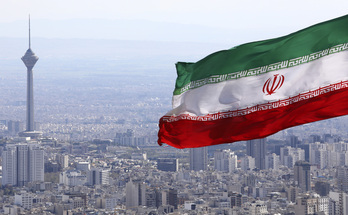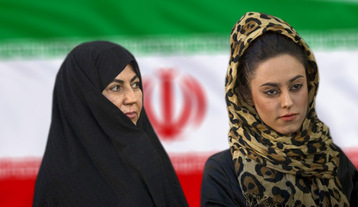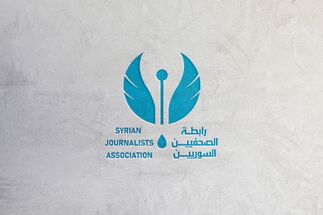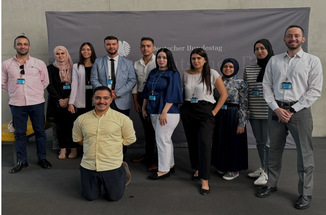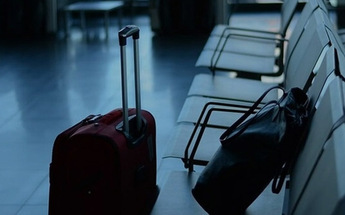-
UK hints it will give full diplomatic status to EU ambassador
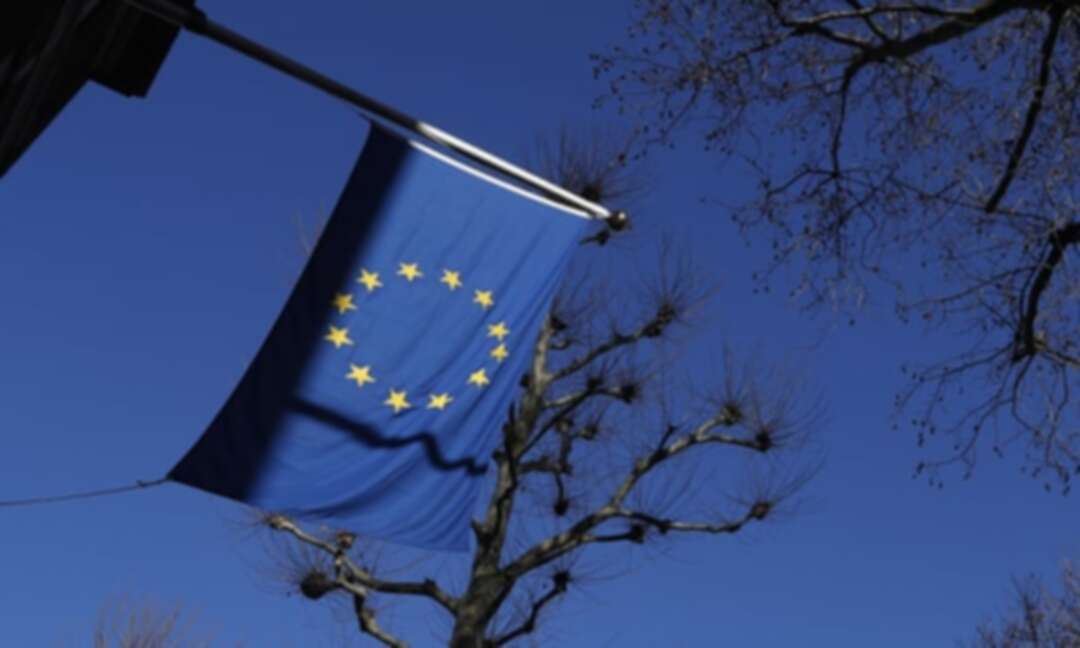
Dominic Raab says he wants to turn page on Brexit saga and treat EU with respect it deserves
The government has hinted that it will grant full diplomatic status to the EU ambassador to the UK, with the foreign secretary, Dominic Raab, saying he is looking to turn the page on the Brexit saga and wants to treat the EU with the respect it deserves.
UK officials said no final decision had been made, days before the EU external affairs chief, Josep Borrell, visits the UK this week for a meeting of the G7 foreign and development ministers. The EU normally attends meetings of the G7, but the Foreign Office made no mention of Borrell in advance briefings, referring only to guest visitors from the foreign ministries of South Korea, Australia, India and South Africa. A representative of the Asean group of 10 south-east Asian countries will also attend.
The UK has declined to give the EU ambassador, João Vale de Almeida, full diplomatic status on the basis that he does not represent a country. He has instead been given diplomatic recognition, which is one rung below.
It is understood there has been discreet pressure from the US for the UK to sort out the diplomatic row given the common threat posed to the west by China, Russia and other authoritarian states. It is seen as symptomatic of a wider inability of the EU and the UK to rebuild relations after Brexit. The US secretary of state, Antony Blinken, will attend the G7 talks in the UK, the first face-to-face diplomacy of any scale since the start of the Covid pandemic.
Asked about the diplomatic status of the EU ambassador, Raab said: “Look, we’re pragmatic about this, of course the EU’s … not quite a normal state. We’re engaged in negotiations and I’m sure we’ll get that result.
“We will treat our EU partners with all of the respect that they rightly deserve … we’re looking forward to turning the page on the Brexit saga.”
The UK is still in dispute with the EU over implementation of the post-Brexit trade agreement, and has emphasised the joint work it is doing through the G7 and the E3 – the ad hoc group of France, Germany and the UK.
The absence of full UK diplomatic immunity for EU diplomats stems from the fact that the EU is not a nation state but an international organisation. The EU says it has negotiated full diplomatic status with 140 other states.
At one level, the distinction in terms of real-world consequences is minimal, because a diplomat from an international body does not enjoy full diplomatic immunity for something that occurs outside their working time. The symbolism, however, is seen in Europe as something deeper about the UK’s refusal to accept the role of the EU in representing 27 nation states.
source: Patrick Wintour
Levant
You May Also Like
Popular Posts
Caricature
Syrians' concerns now
- December 10, 2024
Syrians' concerns now #Syria
#Bashar_al-Assad
#Liberation_of_Syria
#Syrians
#Future_of_Syria
#Levant_News

opinion
Report
ads
Newsletter
Subscribe to our mailing list to get the new updates!

